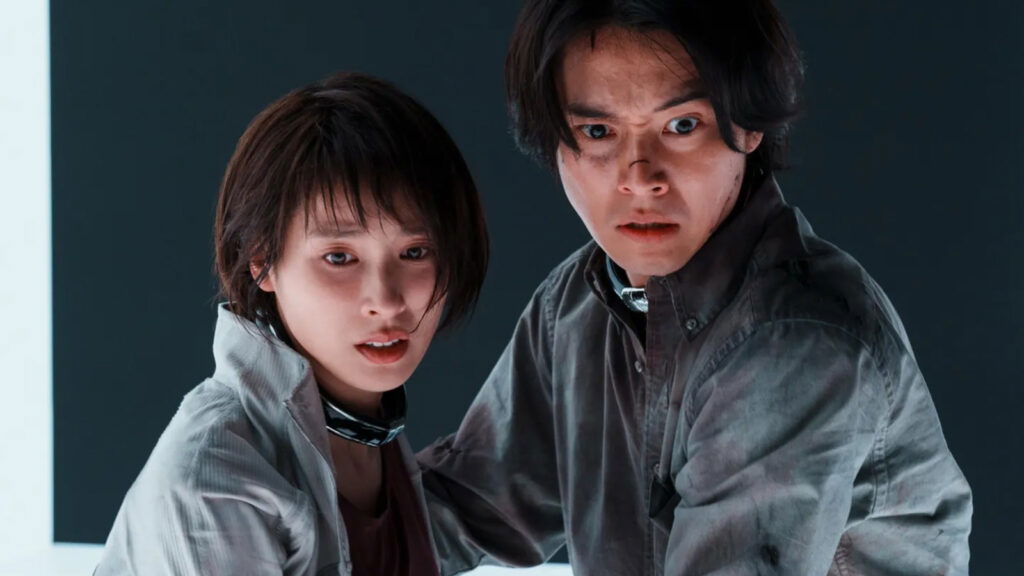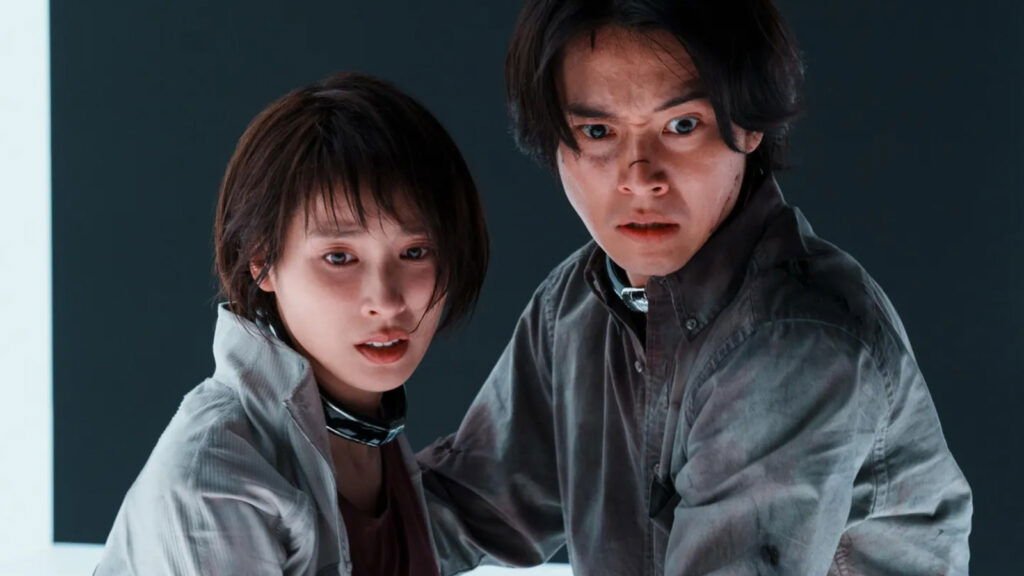It is pretty hard to miss the déjà vu feeling in Alice in Borderland Season 3. From the first episode itself, we see how it rips off Squid Game Season 3 by introducing the ‘pregnant woman and kid winning’ angle.
In the South Korean hit, player Kim Jun-hee/Player 222 was pregnant and even gave birth to the baby. While Usagi is just a few weeks pregnant, the similarity is too hard to miss. Just like players in the Korean drama tried to save Jun-hee and her baby, we see the same happening in the Japanese hit, with characters like Ryuji and Yuna helping save Usagi in the games.
While Usagi being pregnant raises the stakes for her and Arisu, it doesn’t really feel like an organic evolution. Rather, the coincidence feels derivative and even forced. With this choice, the third season of Alice in Borderland not only mimics Squid Game, but it also compromises one of its strongest characters: Usagi.
How Alice in Borderland Season 3 Ruined Usagi’s Character





Usagi began the series as a resilient survivor. Her bond with Arisu was built on shared trauma, trust, and growth, making her one of the show’s most grounded characters. However, the third season just shatters her arc by narrative shortcuts and weakens her character.
Instead of the main character, she is just used as bait by Banda to drag Arisu back to the Borderland. Even her recurring nightmares about her father dying and her wanting to be with him do not make enough sense that she will want to return to the wretched world.
Instead of continuing her story as an equal player beside Arisu, Usagi is shuffled into decisions that don’t feel earned. While her chemistry with Ryuji seemed stronger than with Arisu, overall, her character lacks the depth and intensity of the previous two seasons.
In the third season, she is no longer the pragmatic, resourceful partner audiences admired, but someone who exists only to advance other people’s theories. By sidelining Usagi’s voice and turning her into a pawn in someone else’s scheme, Alice in Borderland cheapens the character that once carried so much emotional weight.
While her physicality remains, on a deeper note, she is a watered-down version of her past self, made worse by the recycled pregnant subplot that never felt like hers to begin with. Instead of a strong and powerful female character, she comes across more like a damsel in distress whom Arisu has to save, leaving her thoroughly less interesting and admirable.
Season 3 Never Explained How Ryuji Convinced Usagi to Come With Him

Another glaring issue is the lack of explanation around Usagi’s decision to follow Ryuji Matsuyama. The show heavily leans on his afterlife theory, suggesting he holds some deeper knowledge of Borderland. However, it never convincingly shows why Usagi, who had always been skeptical and fiercely independent, would trust him.
We never see the crucial conversation or turning point that made her abandon her instincts and side with Ryuji. Instead, the narrative simply expects viewers to accept that she followed him. For a series built on psychological realism and tough choices, the omission feels like lazy writing and a rushed storyline.
Without context, Usagi’s actions feel inconsistent with everything established in the first two seasons. This lack of explanation, which could have proved crucial in understanding Usagi’s state of mind in the third season more, leaves the otherwise pivotal character feeling hollow.
Well, what do you think about the third season of the dystopian Japanese series? Does it make for a good watch overall, or is it a let-down from the previous two seasons?
Both Alice in Borderland and Squid Game, all seasons, are now streaming on Netflix.





